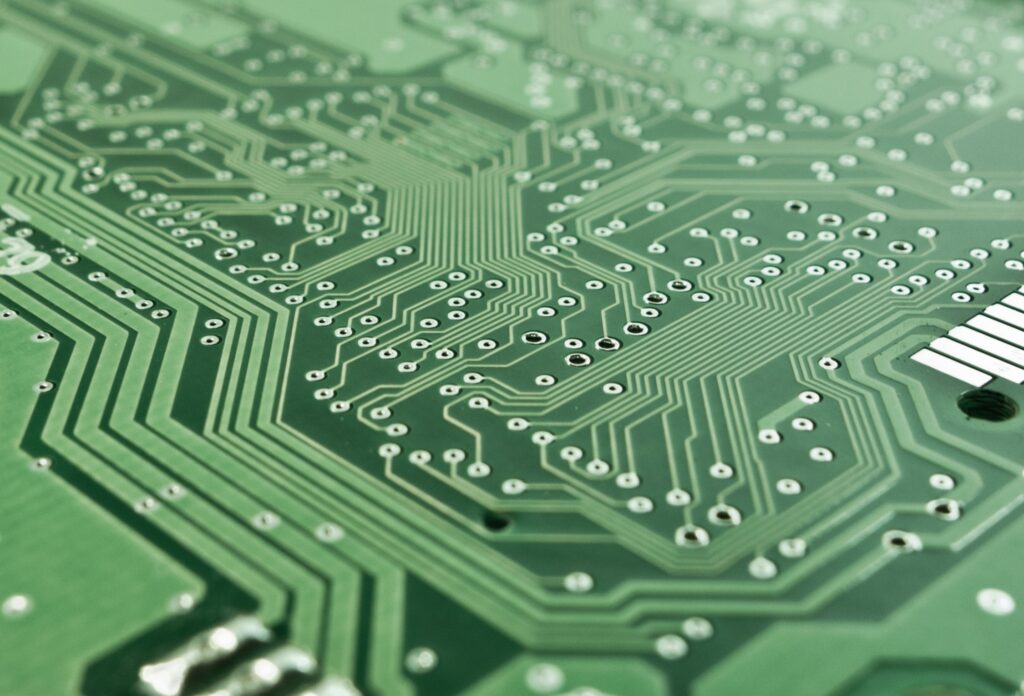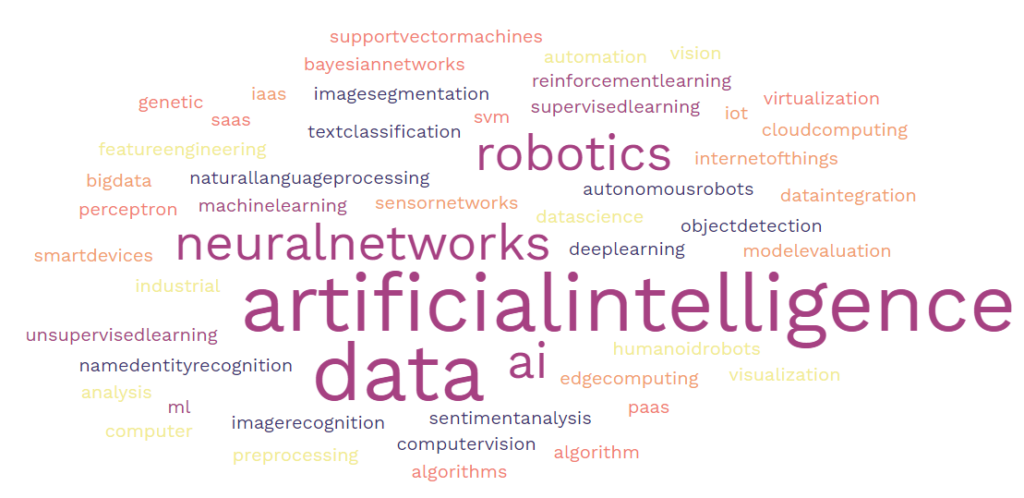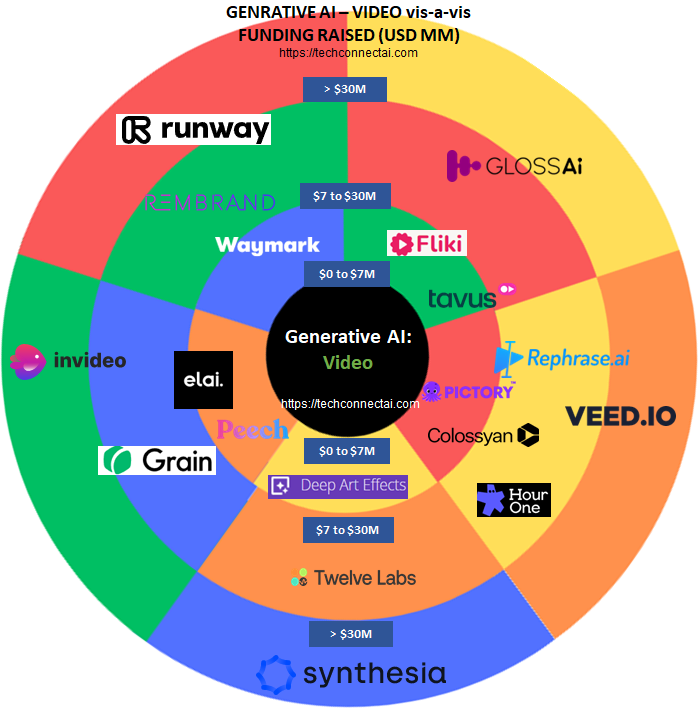Table of Contents
ToggleIntroduction to Quantum Computing
This article provides a comprehensive Quantum Computing Glossary. Quantum computing is a branch of computer science that leverages the principles of quantum mechanics to perform computations. Unlike classical computers that use bits to represent information as 0s and 1s, quantum computers use qubits, which can exist in a superposition of states, enabling parallel processing and exponential computational power.
Quantum Bits (Qubits)
Qubits are the fundamental building blocks of quantum computing. Unlike classical bits, which can be either 0 or 1, qubits can exist in a superposition of both states simultaneously. This property allows quantum computers to process multiple calculations simultaneously, exponentially increasing their computational power.
Superposition and Entanglement
Superposition refers to the ability of qubits to exist in multiple states simultaneously. This means that a qubit can represent both 0 and 1 at the same time. Entanglement, on the other hand, is a phenomenon where two or more qubits become correlated in such a way that the state of one qubit is directly dependent on the state of the others. This property enables the creation of powerful quantum algorithms and communication protocols.
Quantum Gates
Quantum gates are analogous to classical logic gates and are used to manipulate the state of qubits. These gates allow for operations such as changing the state of a qubit, entangling qubits, or performing specific computations. Common quantum gates include the Hadamard gate, CNOT gate, and Pauli-X gate.
Quantum Algorithms
Quantum algorithms are specific instructions designed to be executed on a quantum computer to solve complex computational problems efficiently. Some notable quantum algorithms include Shor’s algorithm for factoring large numbers, Grover’s algorithm for searching databases, and the Quantum Fourier Transform.
Quantum Error Correction
Quantum error correction is a crucial aspect of quantum computing due to the susceptibility of qubits to decoherence and errors. Quantum error correction techniques aim to protect qubits from errors by encoding quantum information redundantly, allowing for the detection and correction of errors.
Quantum Supremacy
Quantum supremacy refers to the state when a quantum computer can solve a computational problem that is intractable for classical computers. It signifies the point at which quantum computers surpass the computational capabilities of classical computers, demonstrating the true potential of quantum computing.
Quantum Annealing
Quantum annealing is a technique used to solve optimization problems by leveraging the principles of quantum mechanics. It utilizes quantum fluctuations to search for the lowest energy state of a problem, leading to faster and more efficient solutions.
Quantum Cryptography
Quantum cryptography is a secure communication method that utilizes the principles of quantum mechanics. It leverages the properties of quantum entanglement to ensure secure transmission of information, making it highly resistant to eavesdropping and tampering.
Quantum Teleportation
Quantum teleportation is a process by which the exact state of a qubit can be transferred from one location to another, without physically moving the qubit itself. It relies on the principles of quantum entanglement and is a fundamental building block for various quantum communication protocols.
Quantum Simulation
Quantum simulation involves using a quantum computer to model and simulate quantum systems that are difficult to study using classical computers. This allows researchers to gain insights into complex quantum phenomena and accelerate discoveries in fields such as materials science and drug discovery.
Quantum Machine Learning
Quantum machine learning is an emerging field that combines quantum computing and machine learning techniques. It explores how quantum computers can enhance the efficiency of machine learning algorithms, enabling faster data processing, pattern recognition, and optimization.
Quantum Entanglement-Based Communication
Quantum entanglement-based communication is a form of communication that utilizes the phenomenon of entanglement to transmit information securely and instantaneously. It holds the potential for highly secure communication networks that are resistant to eavesdropping.
Quantum Computing Architectures
Quantum computing architectures refer to the physical systems and technologies used to implement quantum computers. Different architectures include superconducting qubits, trapped ion qubits, topological qubits, and photonic qubits. Each architecture has its own advantages and challenges in terms of scalability, coherence, and error rates.
Quantum Applications in Various Fields
Quantum computing has the potential to revolutionize various industries. Some potential applications include optimization problems in logistics and finance, drug discovery in pharmaceuticals, material design in chemistry, pattern recognition in artificial intelligence, and encryption in cybersecurity.
Do you want to know more about Quantum Computing?
Conclusion
Quantum computing is a rapidly advancing field with tremendous potential. This glossary has provided an overview of key terms and concepts in quantum computing, empowering you to navigate the language of this cutting-edge technology. As quantum computing continues to evolve, its impact on various industries is set to transform our world.
Are you interested in reading more about our analysis of the Top 10 Video generators? Read our article 10 Best AI Video Generators: Transforming Content Creation in the Digital Age.
Are you interested in reading more about our analysis of the AI 101 Glossary? Read our article Comprehensive AI Glossary 101 for Beginners Quick Guide
FAQs
1. How does quantum computing differ from classical computing?
Quantum computing leverages the principles of quantum mechanics, such as superposition and entanglement, to process information differently from classical computing, which uses classical bits.
2. Are quantum computers faster than classical computers?
Quantum computers have the potential to solve certain computational problems exponentially faster than classical computers. However, they are still in the early stages of development.
3. What are the challenges in building a practical quantum computer?
Building a practical quantum computer involves overcoming challenges such as decoherence, error correction, scalability, and improving the stability and reliability of qubits.
4. How secure is quantum cryptography?
Quantum cryptography offers a high level of security, as it relies on the principles of quantum mechanics. It provides secure communication channels that are resistant to eavesdropping and tampering.
5. When can we expect quantum computers to become widely accessible?
The development of practical and scalable quantum computers is an ongoing research effort. While progress is being made, it is difficult to predict an exact timeline for their widespread accessibility.
Disclaimer: The above glossary is a compilation of formal definitions as available online via various sources.





